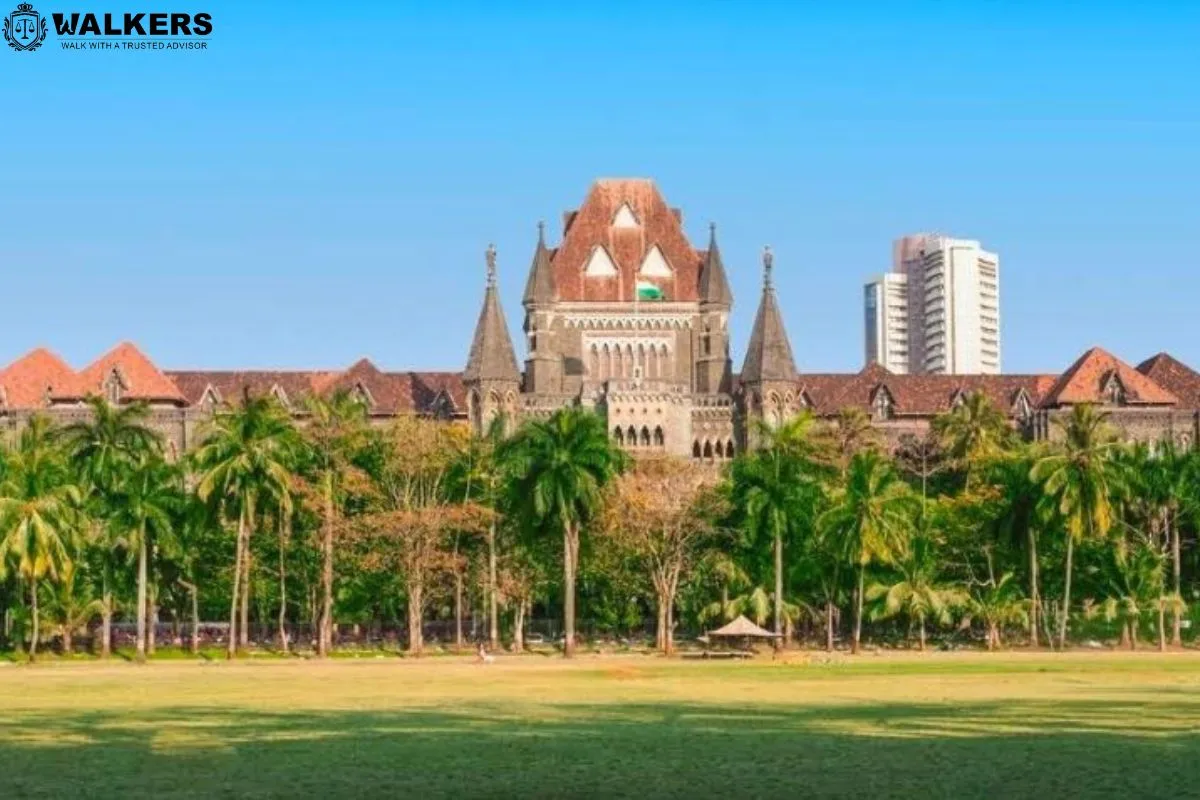


Recently, the Bombay High Court expressed concern over the misuse of the Protection of Women from Domestic Violence Act by estranged wives to harass their husbands and their family members, including distant relatives. In a case titled Dhananjay Mohan Zombade vs. Prachi Dhananjay Zombade, a single-judge bench led by Justice RM Joshi quashed proceedings under the Act against the in-laws of a woman who lived far away and were named in the complaint lodged by the woman against her husband and other relatives.
The court observed that there seems to be a worrying trend of filing proceedings under the Domestic Violence Act even at distant places where the aggrieved person resides. Not only are the husband and joint family members residing under one roof made respondents, but even distant relatives with no domestic relationship are roped in, leading to harassment and pressure on the husband.
In this specific case, the plea was filed by the brother-in-law, his wife, and the sister-in-law of the complainant woman, who did not live with her in the same house. The three accused did not share a domestic relationship under the Act with the complainant, as two of them lived in Khadki, Pune, and the third (the married sister-in-law) lived in Osmanabad.
The court reiterated that for any proceeding under the DV Act to be maintained, there must be a domestic relationship between the aggrieved person (complainant) and the respondents. The domestic relationship is a crucial element, and the individuals involved must have lived together in a shared household at some point, being related by consanguinity, marriage, relationship in the nature of marriage, adoption, or living together as a joint family.
In this case, the judge noted that the relationship between the three accused and the complainant was as family members, but they did not live together as a joint family. Therefore, to constitute a domestic relationship, it is essential that the applicant pleads that such a relationship exists between her and the respondents, and that the other family members have lived or are living together as a joint family.
After considering the evidence presented by the three accused to show that they lived at distant places and did not reside under the same roof as the complainant, the court quashed the proceedings against them. Advocate GJ Kore represented the applicants, while Advocate Rajesh Mewara represented the complainant in the case.
Click Here to: Download/View Related File
TAGS: Bombay High Court estranged wives Protection of Women from Domestic Violence Act misuse harass husband family members distant relatives single-judge Justice RM Joshi quashed proceedings domestic relationship shared household joint family plea evidence distant places Advocate GJ Kore Advocate Rajesh Mewara.